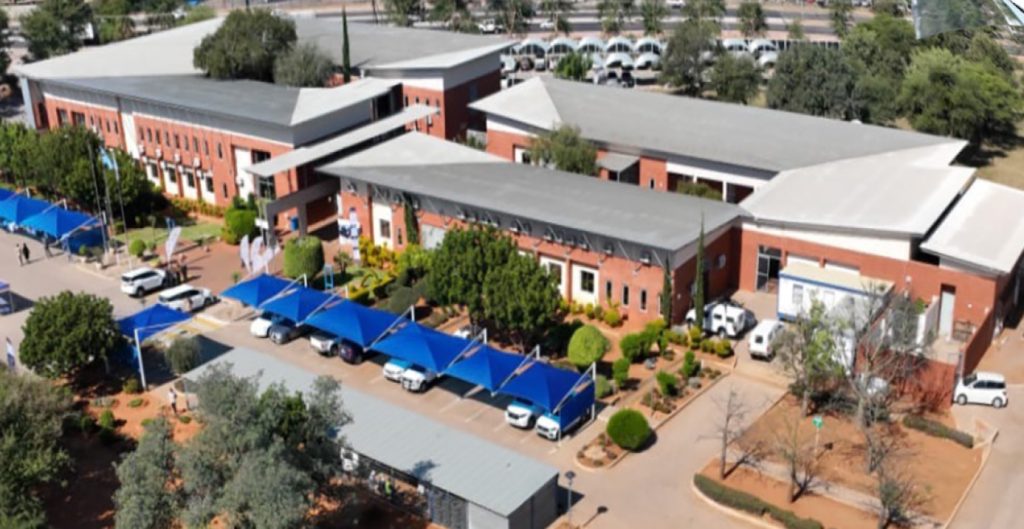Accelerating the digital agenda at Botswana Open University
 By Professor Kgomotso H. Moahi, Acting Vice Chancellor, Botswana Open University
By Professor Kgomotso H. Moahi, Acting Vice Chancellor, Botswana Open University
Great advances have been made in educational technology, with centre stage taken by virtual and augmented reality, artificial intelligence, big data analytics, the Internet of Things, and Cloud computing. These are well suited for distance education, as they can enhance interaction and engagement between students and staff, advance selfdirected learning and learner-centredness and provide access to a plethora of digital multimedia resources.
Botswana Open University (BOU) has always been mindful of keeping pace, as its first strategic plan focused on building a technology-enhanced university. Key to this aim was the Strategy for Technology Enhanced Learning, Teaching, Assessment and Student Support (STELTASS), which enabled BOU’s swift pivot to online delivery during the Covid-19 pandemic.
From its inception, BOU has adopted emerging technologies to enhance access and increase student engagement, while being alive to the inequalities engendered by uneven skills and connectivity. BOU aims to be a technology-enhanced and globally recognised open university with decentralised systems, efficient service delivery, innovative solutions and a focus on student experience and academic excellence. Through technology, BOU can reach the unreached and the marginalised, aided by adequate funding and robust government policies on technology infrastructure.
Like many higher education institutions, BOU has moved to digital learning platforms such as Moodle. This technology integration has, to a large extent, ameliorated the challenges of distance learning for students, such as the isolation and demotivation caused by limited student–teacher and student–student interactions. BOU has developed several applications, including an app providing offline access to information on academic programmes and services, and other pertinent information. Through the e-Ethical clearance system, students can apply online for ethical approval of their research instead of travelling to a regional campus.
Distance learning students require robust student support services such as academic and psychosocial counselling. BOU has developed an e-counselling system that obviates the need for students to travel and links students with the appropriate person(s) for their sessions.
Nationally, BOU has played a critical role in accelerating the digital education agenda. The university was pivotal in developing the national e-education policy framework submitted to the government and in building teachers’ capacity for integrating technology into teaching and learning. BOU continues to advocate for an open educational resources repository that will encompass educational materials ranging from open schooling to tertiary education.
Amidst these great achievements have been challenges, including limited infrastructure, connectivity access issues, change management and BOU’s financial constraints. The Covid-19 pandemic revealed severe inequalities in digital access and skills among staff and tutors. An e-tutor model was developed to guide them in the adjustment, and continuous training and capacity building were undertaken. Students were also inducted into how best to work with online content. Effort is needed to improve online formative and summative assessments and adopt a curriculum design for enhancing academic integrity.
The Government of Botswana has committed to connecting all villages to the Internet through the SmartBotswana project, which means that more people will have access to BOU’s services. BOU has long researched how best to deliver products and services to its clientele. The foundation is set, and the goal is to continuously evolve and improve.
From 2023 to 2028, BOU will work to become an “inclusive open university” focused on ensuring equity and access to education for all, whatever the circumstances. Research and innovation will be key, as will having the necessary financial and human resources. BOU will continue identifying opportunities for partnerships, collaboration, best practices sharing and joint projects for improved services.

